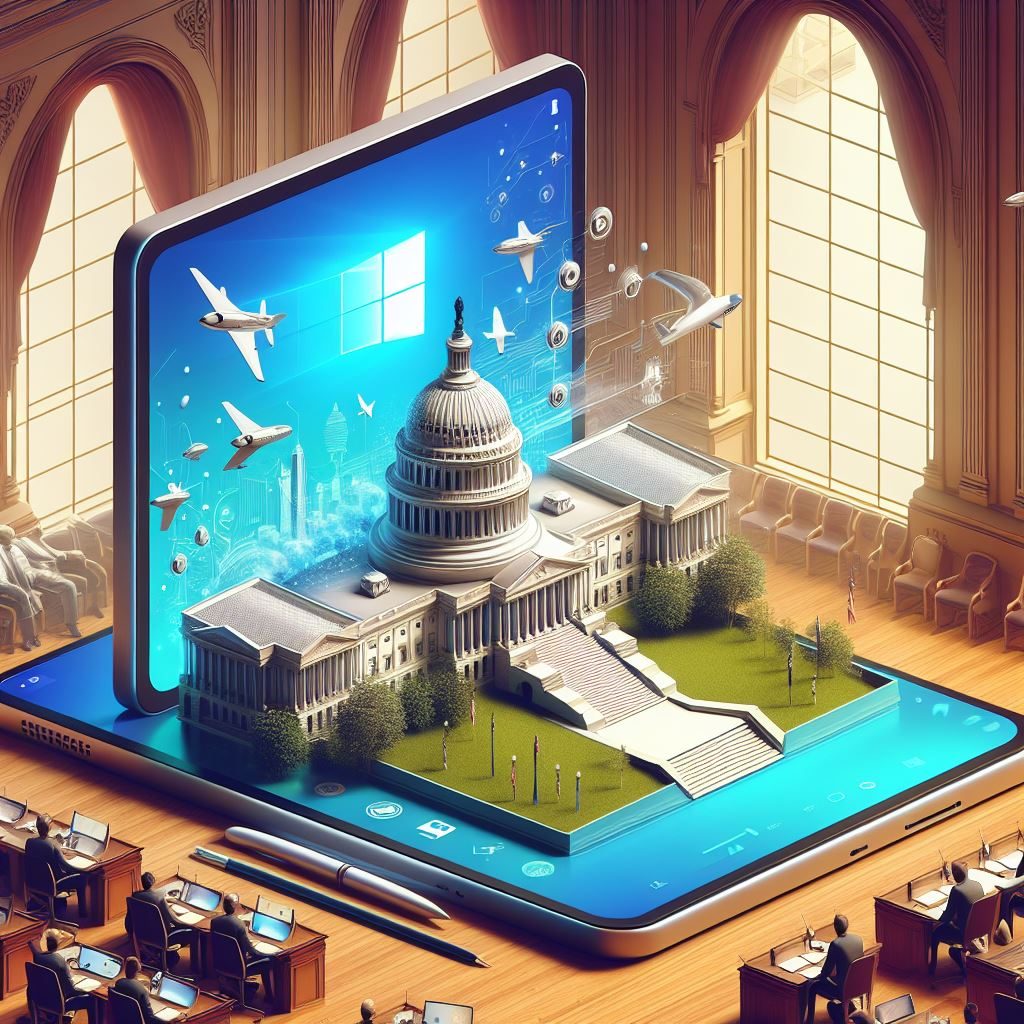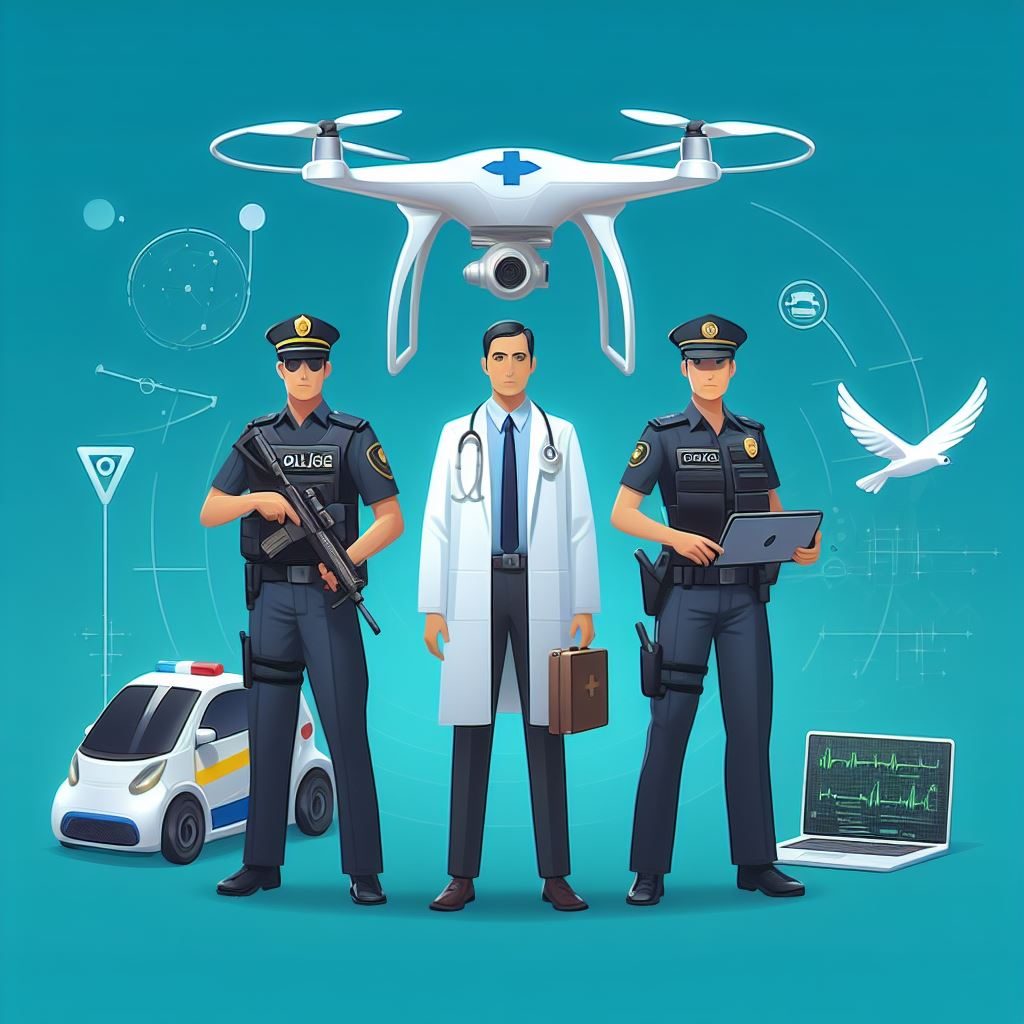Africa faces a multitude of challenges in healthcare delivery. From a critical shortage of healthcare providers to limited access to diagnostics and infrastructure, the continent grapples with a complex reality that leaves millions of Africans without access to quality healthcare.
According to the World Health Organisation, Africa bears “more than 24% of the global burden of disease but has access to only 3% of health workers and less than 1% of the world’s financial resources.”
The statistics paint a clear picture of the urgent need for innovative solutions in African healthcare. Artificial Intelligence, with its transformative potential to analyse vast amounts of data, automate tasks, and provide remote care, offers a glimmer of hope for improving healthcare situations across the countries in Africa.
AI Can Improve Healthcare Delivery in Africa
Several countries in Africa have already begun implementing AI solutions to their healthcare systems to manage datasets, read genomes, analyse medical images, and even track COVID-19, according to a recent report by DW.
AI technology has proven more successful in the area of disease diagnostics. According to the report, healthcare workers in Mozambique used an AI algorithm to analyse chest X-rays to detect tuberculosis in a high-security jail in a matter of minutes.
Suvanand Sahu, Deputy Executive Director of StopTB, the platform behind the AI project, stated the successful use of AI in TB detection marked the first demonstration that AI solutions can work in prisons. “Now this needs to be scaled up to everybody who needs it, ultimately to the whole country,” said Sahu.
In Ghana, minoHealth AI Labs is also using AI technology for automated radiology, analyzing X-rays and supporting diagnosis. In South Africa, Philips Foundation’s AI-powered software helps hospitals triage and monitor COVID-19 patients. Additionally, Zencey provides remote healthcare services in French-speaking Africa through its AI-powered platform.
Shortage of Healthcare Professionals
The shortage of medical professionals is one serious problem plaguing the African healthcare sector. Over the recent years, several countries, especially Nigeria, have seen a good number of trained experts leave the country for other places where they are paid better.
“One of the biggest challenges we face now on the continent is that countries can’t retain their health care workforce. Nigeria loses many doctors to wealthier countries. It’s a battle we can’t win because people move to where pay is better,” said Ayomide Owoyemi, a public health and technology expert at the University of Illinois, US.
While AI cannot fully replace the role of doctors and other highly skilled health workers, it can play a significant role in addressing the healthcare workforce shortage in Africa.
By augmenting healthcare workers, providing remote diagnosis and treatment, improving medical education, and supporting public health initiatives, AI can help ensure that people in Africa have access to the quality healthcare they deserve.
The Path Forward
Irrespective of the glaring challenges that undermine quality healthcare delivery in Africa, the potential impact of AI technology remains undeniable.
To maximise the benefits that AI could offer, collaborative efforts from governments, healthcare institutions, private players, and international organisations are essential. Investing in infrastructure development, fostering responsible AI development practices, and addressing ethical concerns are crucial steps.
With the right approach, AI technology can become a powerful tool for improving diagnosis, treatment, and access to care, ultimately building a healthier and more equitable future for all Africans.





